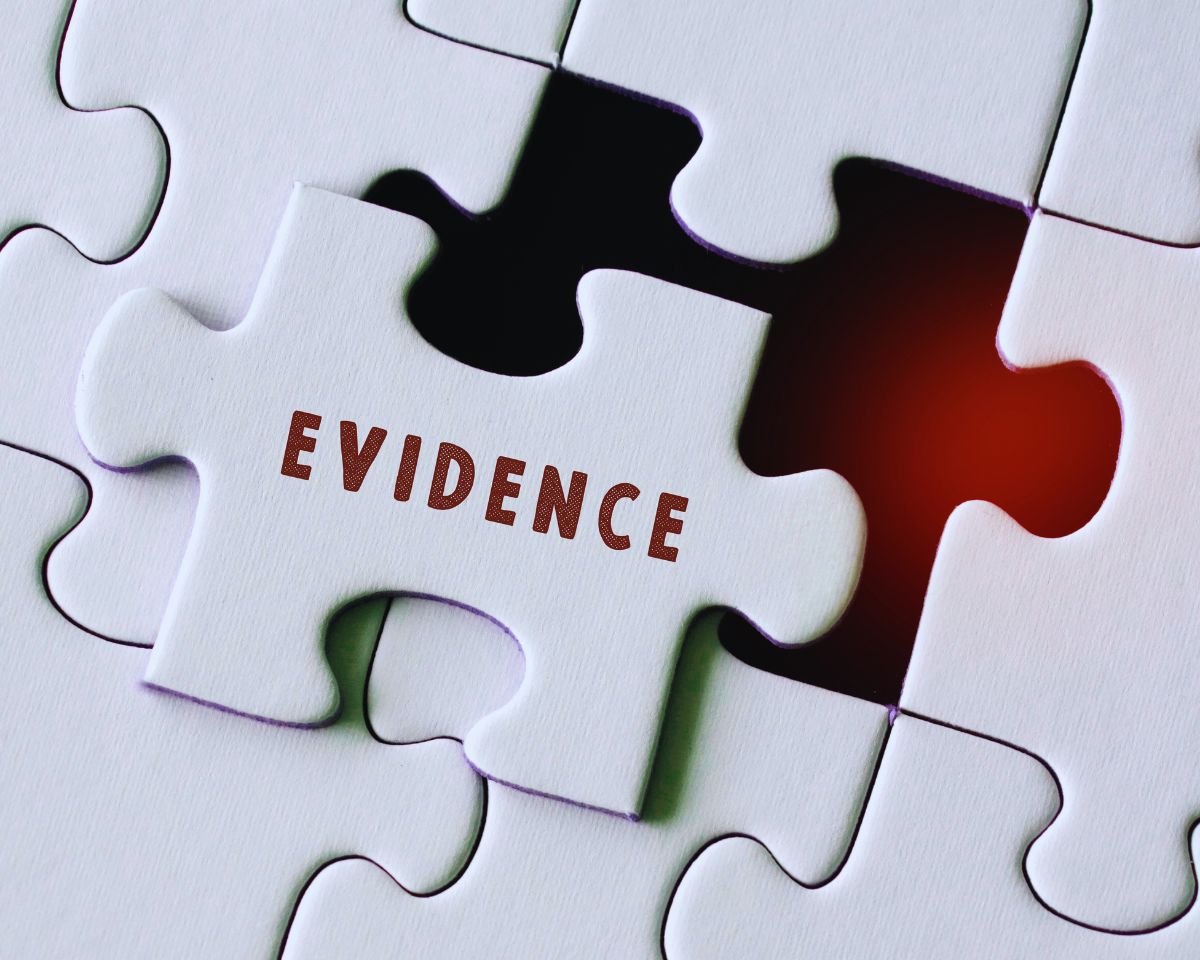California Penal Code Section 141 addresses the criminal offense of planting or tampering with evidence. This law plays a crucial role in maintaining the integrity of the justice system, as it directly affects the fairness and accuracy of legal proceedings. Individuals found guilty of evidence tampering can face severe penalties, making it essential for those in California to understand the legal implications of such actions.
What is Evidence Tampering or Planting?
Evidence tampering or planting refers to the act of altering, destroying, or introducing false evidence with the intent to mislead an investigation or court proceedings. Under California Penal Code Section 141, it specifically criminalizes the actions of law enforcement officers or any person in authority who intentionally plants or falsifies evidence to alter the outcome of an investigation or trial.
It’s essential to note that evidence tampering can involve a wide variety of actions, including:
Planting Evidence: The act of physically placing or introducing fabricated evidence into an investigation, crime scene, or property.
Altering Evidence: Changing or modifying evidence to make it appear as though it supports a specific narrative or case.
Destroying Evidence: Destroying or disposing of evidence that may harm a case or investigation.
Key Aspects of California Penal Code Section 141
Section 141 specifically criminalizes the act of planting or tampering with evidence. Below are the essential elements of the law:
Planting or Falsifying Evidence
Under PC 141, the individual must have either planted or falsified evidence in connection with a criminal investigation or proceeding. This can include physical evidence (such as weapons or drugs) or intangible evidence (such as witness statements or surveillance footage). The key element here is the intention to deceive, mislead, or alter the course of an investigation or trial.
Intent to Mislead or Deceive
An essential component of evidence tampering is the intent to mislead or deceive the justice system. In other words, the person accused of tampering with evidence must have had the purpose of influencing the investigation, arrest, or trial process. Without this intent, it is unlikely that the action would fall under PC 141.
Involvement of Law Enforcement or Authority Figures
California Penal Code Section 141 primarily targets law enforcement officers and government officials. These individuals are entrusted with upholding justice, and their involvement in planting or tampering with evidence can have grave consequences. However, anyone—including private citizens—can be charged under this statute if they intentionally alter, destroy, or plant evidence with the same intent.
Investigation or Legal Proceedings
For PC 141 to apply, the planting or tampering with evidence must be in the context of an ongoing investigation or legal proceeding. This could include a police investigation, a court trial, or other judicial proceedings where evidence is presented or examined.
Legal Consequences and Penalties
The penalties for violating PC 141 can be severe. The exact punishment depends on the circumstances of the offense, but here are the general guidelines:
Felony Charges
Planting or tampering with evidence under California Penal Code Section 141 is typically charged as a felony. The consequences of a felony conviction include:
Imprisonment: A person found guilty of evidence tampering can face a prison sentence of up to three years.
Fines: In addition to prison time, there may be significant fines imposed as part of the sentence.
Probation: Instead of serving a prison sentence, a convicted individual might be placed on probation. However, this often comes with strict conditions and monitoring.
Felony convictions for evidence tampering are extremely serious and can lead to long-lasting consequences, including the loss of civil rights, such as the right to vote or own firearms.
Misdemeanor Charges
In some rare cases, the act of tampering with evidence may be charged as a misdemeanor rather than a felony. This could occur if the tampering is minor or if there are mitigating factors in the case. For example, if the evidence tampering does not significantly alter the outcome of an investigation or trial, the courts may reduce the charge.
Misdemeanor convictions for tampering with evidence may result in:
Up to one year in county jail.
Fines.
Probation or other alternative sentences.
Additional Consequences
In addition to criminal penalties, there can be civil repercussions for evidence tampering. For law enforcement officers or government officials, being convicted under PC 141 can result in:
Job Termination: Individuals convicted under PC 141 can lose their jobs as public servants.
Civil Lawsuits: Victims of evidence tampering may file civil suits for damages resulting from the misconduct.
Loss of Professional Licenses: Law enforcement officers, attorneys, or other professionals involved in tampering with evidence could lose their professional licenses or face disciplinary actions.
Conclusion
California Penal Code Section 141 plays a crucial role in preserving the integrity of the criminal justice system. Planting or tampering with evidence is a serious crime that can undermine the truth and fairness of investigations and trials. The law is designed to deter individuals, particularly law enforcement officers, from intentionally altering the course of justice by falsifying evidence. Understanding the nuances of this law is essential for anyone involved in or following the legal process in California, ensuring that those who engage in such unethical behavior are held accountable for their actions.
If you’ve been falsely accused of criminal charges and believe someone has intentionally planted or altered evidence to make you appear guilty, you need a dedicated and experienced criminal defense attorney to protect your rights. Evidence tampering is a severe crime, and when it is used against you, it can be incredibly difficult to overcome without skilled legal representation.
At Southwest Legal, we defend individuals who have been wrongfully accused of criminal charges. Our team is committed to uncovering the truth and ensuring that those who tamper with evidence are held accountable. If you’ve been wrongly implicated in a crime you didn’t commit, contact us today to ensure that justice is served and that your name is cleared.





